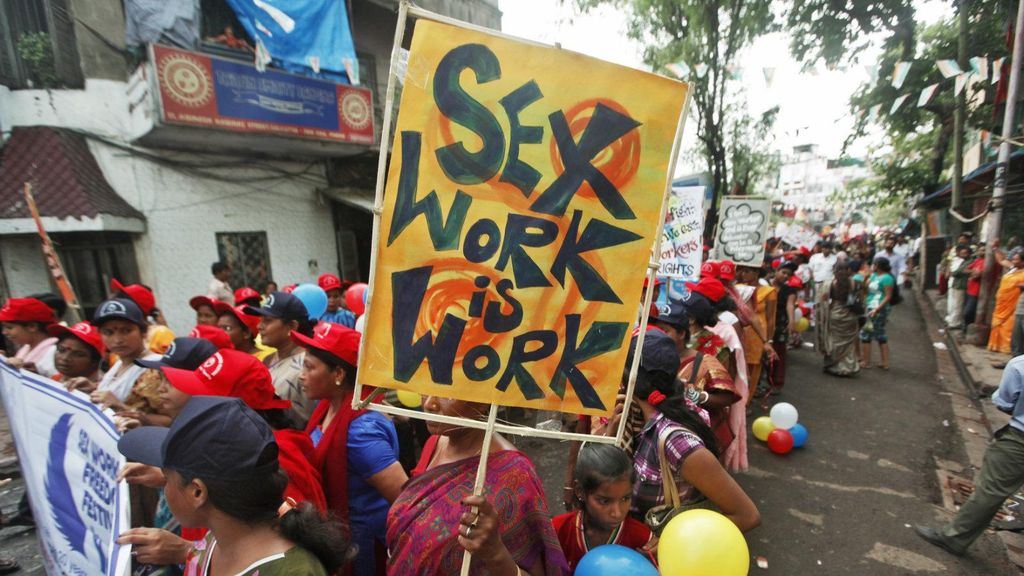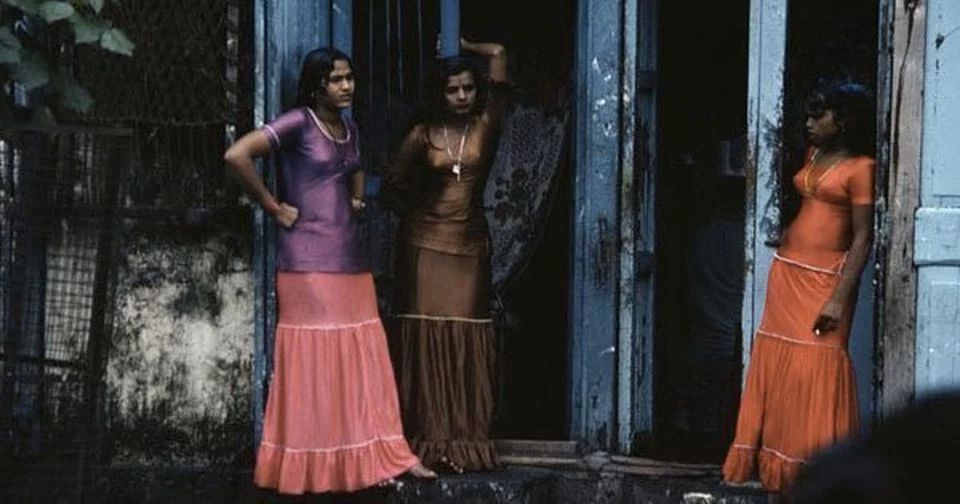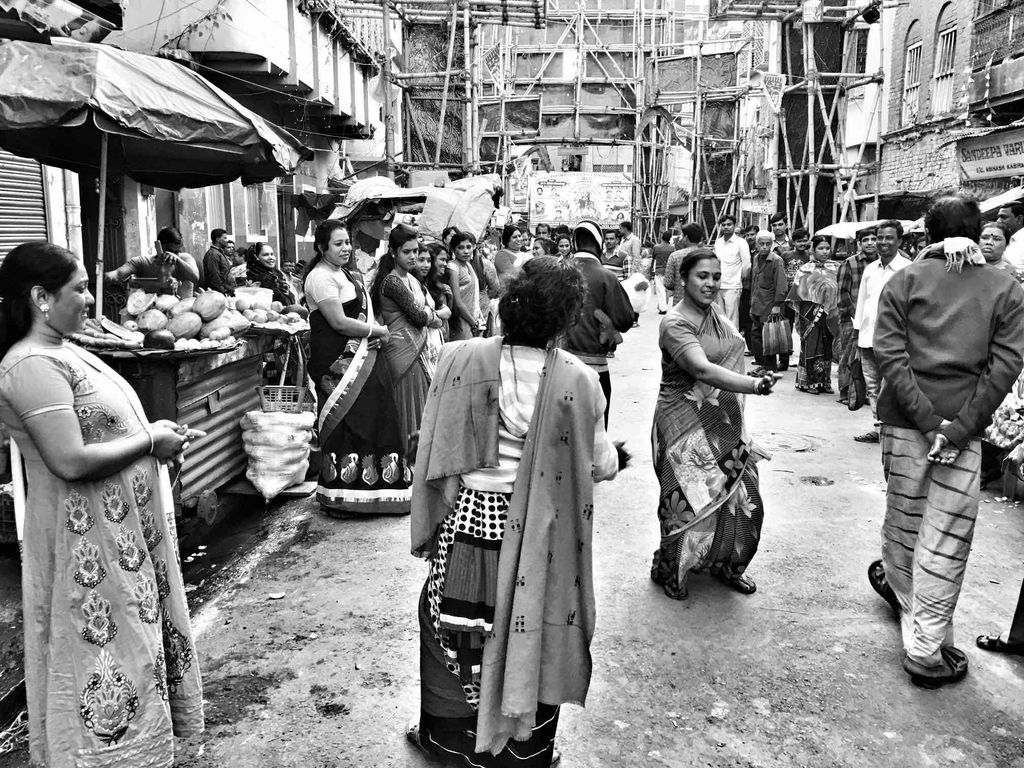Selling Flesh
May 22, 2019 • 23 views

Prostitution is technically illegal but widely practiced in India. In all of India, there are as many as 10 million commercial sex workers. Many teenage girls turn to prostitution to raise money for their families or out of need for money to deal with a debt or a problem related to their husbands. Some village girls are tricked into entering the trade in the cities with promises of good money or another kind of job.

Discrimination against sex workers in India is as much an issue as the discrimination faced by other marginalized groups along lines of class, caste, race or religion. Sex work is not treated as work, but as a dirty and immoral lifestyle threatening to taint the “innocent” public. The result of this stigma is the denial of basic rights for both sex workers and their families. Women do not have access to good healthcare and are often subject to abuse, violence and exploitation by police and government officials, while their children face harassment in schools and the workplace. A large factor in the ill treatment of sex workers is the narrow understanding that people have of this work. The media fuels the image of women in prostitution as either overly sexual outcastes who threaten the very structure of Indian family life, or abused and exploited victims. While there are certainly victims of trafficking in sex work today, the majority of women in sex work consent to doing it. But traditionalists cannot divorce sex from its sacred and religious implications. Indian laws and policies regarding sex work are crafted from a moralistic standpoint and people involved in sex work are defined by—and treated as— their “immoral” profession.
Indian law has failed to protect the rights and safety of people in prostitution and sex work. Not only does it take a moralistic approach, but it is also ambiguous, leaving sex workers vulnerable to abuses by police, government officials and petty criminals. Stigmatization is experienced as the major factor that prevents women in sex work from accessing their rights. Due to this discrimination, women in sex work have been denied safety, proper healthcare, education and, most importantly, the right to practice the business of making money from sex. The rights that these workers withhold should be granted.

How to curb women entering this life (the ones who enter by their own will)?
Providing education is the foremost aspect. Lack of education is a major inhibitor among both sex workers and their children. Studies have shown that women in sex work have considerably lower levels of education than surrounding populations.
Providing counseling support to the women who face such issue will surely benefit these women to come out strong. No women would ever love selling her flesh for money. The situations or the need of money pushes the barrier. Counseling will happen them establish the lost confidence. Moreover, they can be open with the counselors to share their story, something they usually don’t do with others.
For sex workers in India to access and enjoy their rights, massive misgivings and stereotypes about sex work need to be broken down. The sex worker does not necessarily need or want to be rescued; she is not a threat to the greater “respected” society, nor is she a walking case of HIV. They certainly face discrimination and hardships but people in sex work and prostitution do not need futile pity. They need the rest of society to recognize and fight against their own misconceptions, judgments and unfounded fears.
Stop judging her for the occupation she does. In the end, the humanity should win and not the stereotypical judging mind.

Sonagachi, Asia's largest red-light district
Many of the 7,000 sex workers in this Kolkata red-light district say they have no other options for survival. Seen here is the women dancing to entice "customers".
